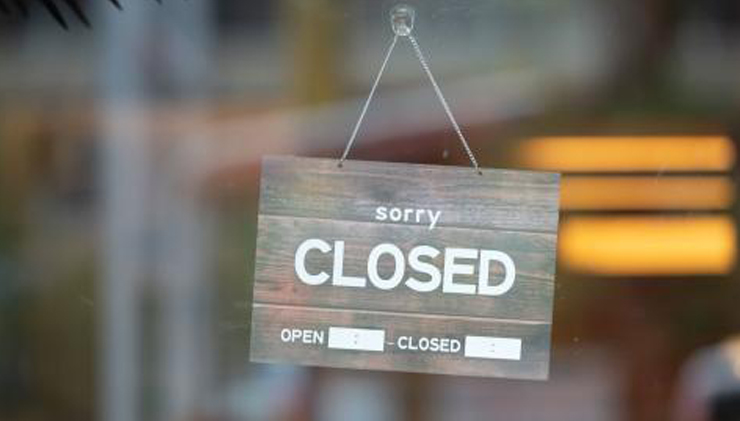 Could Your Business Face a Ladies’ Night Lawsuit?
Could Your Business Face a Ladies’ Night Lawsuit?When a restaurant property is damaged, it may have to temporarily close its doors for repairs, interrupting business income. Fire is a common cause. Restaurants have more fire exposures than most other businesses due to their kitchens. FEMA says approximately 5,900 restaurant building fires are reported to fire departments in the U.S. every year.
During these temporary closures, business income insurance is a crucial coverage that can help business owners stay afloat. However, it’s important to be aware of coverage limitations.
How Does Business Income Insurance Work?
Business income insurance, also called business interruption insurance, provides compensation for lost income after a covered event. This protection is often included in Business Owner Packages (BOPs) and is typically available as an endorsement on commercial property insurance policies.
A business income insurance policy covers lost net income, based on financial records, as well as mortgage or lease payments, loan payments, payroll, taxes, and certain other overhead expenses while the business is unable to operate following a covered loss. Many policies also include extra expense coverage, which covers additional operating expenses that occur as a result of the loss.
When a restaurant is badly damaged, it cannot operate and welcome paying customers until repairs are complete. In this scenario, the restaurant’s commercial property insurance covers the cost of the repairs, minus the deductible, whereas the restaurant’s business income insurance covers the operating expenses and lost net income.
Insurance Does Not Cover All Perils
Business income insurance is tied to commercial property insurance. It typically only covers business disruption caused by any property damage covered by the commercial property portion of the policy. Coverage typically excludes:
- Certain types of property damage. A standard commercial property insurance policy does not cover flood or earthquake losses. As a result, business interruption insurance does not cover lost income resulting from flood or earthquake damage. However, restaurants can obtain separate flood and earthquake insurance policies.
- Business disruptions not caused by property damage. When COVID-19 forced restaurants to close their doors, many restaurant owners filed business interruption claims – only to find out that their coverage excluded these losses. This lead to a series of lawsuits. However, The Wall Street Journal says courts have mostly sided with the insurers that denied claims because it was not physical damage to the property that led to the losses. Since then, many insurers have added virus exclusions for clarification.
- Cyberattacks. According to Cybernews, Yum Brands (which owns KFC, Pizza Hut, and Taco Bell) had to close nearly 300 UK restaurants for a day due to a cyberattack. Since many restaurants depend on computer systems for payments and orders, a cyberattack may disrupt operations and lead to business losses. A commercial property insurance policy’s business interruption coverage will not typically cover these losses. However, restaurants can obtain a separate cyber insurance policy.
Other Business Income Limitations
Although business income insurance may save many restaurants from bankruptcy after a disaster, coverage can be complicated. There are a few more considerations and limitations that may impact restaurants:
- The period of restoration determines how long you can receive benefits for. Your policy may limit the period of restoration to a certain number of days. If you are unable to complete repairs in time, you will lack both benefits and income after the restoration period is over. Since repairs can take a while (especially after widespread disasters), you may want to select a policy with a longer restoration period. Some policies also include an extended period that allows you to continue receiving payments for a limited period after you’ve completed the repairs. This is beneficial because your revenue may not reach pre-loss levels as soon as you reopen.
- During the waiting period, you will not receive business income payments. For example, if your restaurant’s policy has a 72-hour waiting period, you will not receive payments for the first 72 hours of business interruption. Once the waiting period is over, coverage will apply during the period of restoration. Some policies do not have a waiting period, but they may have a deductible.
- Accurate financial records may be critical. If your restaurant has accurate income and expense records, it will be easier to file a claim.
Do you need help navigating business income insurance for restaurants? Heffernan Insurance Brokers offers specialized risk management and insurance programs for restaurants. Learn more.



